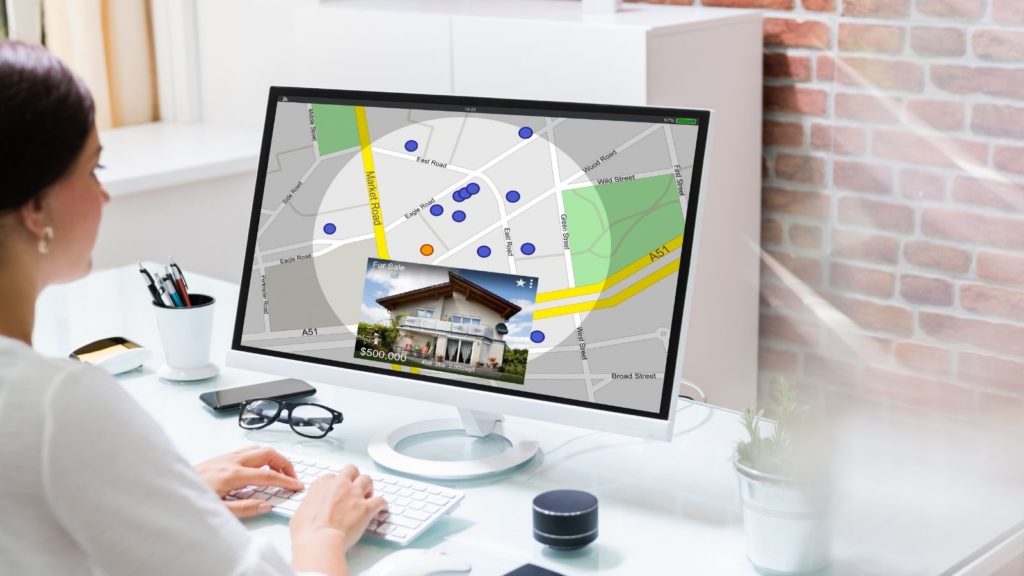Are you thinking about buying a home? It is an exciting process, but it can be daunting, too. How do you know if you’re ready to buy a home? And where do you start? Here are six steps that will help make the process easier for you. Follow them, and you’ll be on your way to homeownership!

The Money You'll Need
To buy a house, you’ll need an earnest money deposit, down payment, and closing costs, as well as enough to cover your moving expenses and keep a small nest egg aside for unforeseen issues of homeownership, like having to replace a water heater or repair a roof.
An earnest money deposit is usually one to three percent of the price of the house. This is money that you put in escrow to show that you’re serious about buying the house. Your deposit will be applied toward your down payment once the seller accepts your offer on the home.
Your down payment should be at least 20 percent of your house’s purchase price for a conventional loan, which is the most common type of home mortgage loan.
Your closing costs are the other fees associated with closing a real estate transaction, including attorneys’ fees and title insurance premiums—basically any costs tied to the closing process. These usually add up to three to six percent of your home’s price, depending on where you live.
Employment, Credit, and DTI
The lender wants to know that you have consistent employment to ensure that you can make your mortgage payments. To do this, they verify your employment and are looking for a minimum of two-year work history.
Your credit score is a key component of your loan approval; it should be no lower than 620, but a score over 700 could earn you lower interest rates.
Lenders will look at the average of your account balances, as well as how much money you have available to pay your bills on a monthly basis—your “debt-to-income” ratio. The DTI that a lender looks for is 36 percent or lower.
Do not change jobs, finance anything, take out loans, or make significant cash purchases until after you close on your home. The lender will re-verify your information on closing day, and if anything has changed, they may pull back their offer to loan you the money for the house.
Pre-Approval for a Home Mortgage Loan
A pre-approval letter shows home sellers that you’re serious about buying a house, and it will boost your confidence as well. A lender completes this process by looking at all of your debts, such as credit cards and student loans, estimating how much you can afford each month for a mortgage payment, and checking your employment information.
When pre-approved, a lender provides a signed Pre-approval Mortgage Letter to show sellers what they can expect out of you financially when it comes time to buy the home.
On closing day, if everything checks out with your loan application, the lender will provide an official Loan Approval Letter. Loans are not guaranteed—your review might uncover some problems that need to be fixed before the lender is comfortable offering you a loan.
Find the Right Real Estate Agent
You’ll want to find an agent who has experience working with first-time buyers and understands that your budget is a priority. They should be able to help you understand market values, negotiate on your behalf, and guide you through the paperwork involved in buying a home.
A good real estate agent knows the neighborhood well and can answer questions about the availability of public transportation or nearby schools, as well as what’s available for grocery stores or restaurants. Your house hunt will go more smoothly if you have someone by your side guiding you through it!
The House Hunt Begins!
The house hunt looks very different for first-time buyers than it for seasoned homeowners. You may be searching online, at open houses, or with an agent—sometimes all three.
The most important thing is to keep your excitement in check; it may be frustrating to see homes selling for higher prices than you can afford. However, don’t lose heart! There are several strategies you can employ to increase your chances of finding the perfect home that fits your budget.
When you do find a home you’re ready to buy, then it’s time to submit an offer and prepare for negotiations. Your agent will help you with this process.
The Closing Process
The closing process takes at least 30 days, but you can speed it up by making sure your title company has all of the information they need for the loan—most importantly, proof of where the down payment money came from.
Here are a few things that may happen during the closing process:
1. Attorneys review and prepare documents
2. Home appraisal is conducted
3. Lenders collect information
4. Title search is conducted
5. Title insurance is obtained
6. Down payment checks are received and deposited
7. Loan funds are wired to an escrow account
8. Property survey approved or corrected
9. Personal property taxes prorated (in some states)
10. Documents are recorded with county officials
11. Title company prepares HUD-1 closing statement
12. Closing takes place (at least 30 days after the contract is signed).
You’ll need to bring several documents with you when it comes time for the closing process, including identification, your offer contract, and any additional contracts that were signed along the way if there was a contingency in your original agreement.
Conclusion
If you know what to expect, and when you’ve prepared your finances, credit, and DTI, buying your first house can be an exhilarating experience. The day of your closing is an exciting milestone! Now you own the house, and you get to move in!
Your real estate agent can help you with any aspect of house hunting, from getting pre-approved to finding the right home, submitting an offer, and negotiating on your behalf. Ask your agent for more information about the steps to buying your first house.
